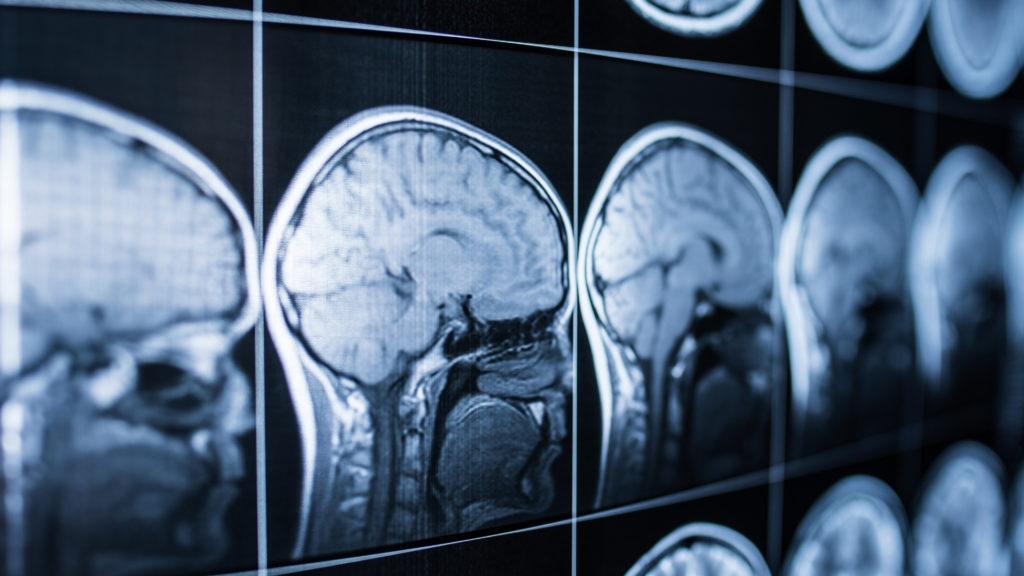Just how strong is the connection between mental health and concussions?
With the Super Bowl just a few short days away, many of you are preparing your living room for a hungry, rowdy crowd. You’ve spent the last week planning a trip to the grocery store for snacks, and gently placing a hold on all friendships with fans of the opposing team until after the weekend is over. Chances are everything about the Super Bowl has crossed your mind—except what it can teach you about mental health.
That’s right—mental health. Unfortunately, it isn’t a popular topic, despite millions of Americans suffering various forms of mental illness. It’s a subject that many aren’t willing to broach—and the first one to do so just may surprise you. Fellow Texan Rayfield Wright—former offensive tackle for the Dallas Cowboys and NFL Hall-of-Famer—has recently spoken out about his battle with dementia.
Dementia, often mistaken as a synonym for Alzheimer’s, is a similar but different condition caused by a variety of brain illnesses that can affect memory and ability to perform everyday activities. According to the World Health Organization (WHO), 35.6 million people live with some form of dementia worldwide, and Wright is one of them.
At 68 years old, Wright doesn’t seem old enough to justify the confusion and loss of memory that sometimes overtake him. He says that’s partly why he’s held his silence, telling The New York Times: “You don’t want people to look at you any differently. When you’ve been at the top of the NFL, you don’t want people to know. You’re supposed to be tough and invincible.”
However, in a November 1969 game against the Los Angeles Rams, Wright suffered a concussion. He was able to recover and finish the game (and play many more), but the effects he’s suffering now may be the consequences of that.
So what’s the connection?
A study by Santa Clara Valley Medical Center reviewed the relationship between concussions and late-onset post-concussion symptoms—even years after the injury occurred. This explains why so many in the NFL—about 4,500 others—have sued the League for medical compensation to their injuries and for concealing the dangers of repeated blows to the head.
It doesn’t seem rocket science—that hitting your head repeatedly would likely cause damage to what’s inside it. But just how damaging can it be? Depending on the severity of the concussion and how many you’ve sustained, it can lead to minor post-concussion symptoms all the way up to contributing to the onset of dementia and Alzheimer’s.
Here’s a few tips on how to prevent and handle concussions—so even if you’re little man plays Little League, he (hopefully) won’t end up in the predicament our beloved Wright is in:
- Always wear a seat belt that is buckled properly, according to height and weight.
- Wear a safety helmet that fits properly and has the proper amount of cushion when performing activities that could result in brain trauma, such as skateboarding, sports, or horseback riding.
- Recognize a concussion through symptoms such as: headache, nausea and/or vomiting, trouble balancing, sleeping more or less than usual, becoming easily confused, blurry vision, and/or dizziness.
- If you suspect a concussion, seek treatment by a professional immediately.
While we can’t help your team win the Super Bowl this weekend, we can certainly take a lesson from the 5-time Super Bowl Champs (the Cowboys) and protect our heads. If you have more questions regarding traumatic brain injuries and the link between mental health, or how to handle them, please give us a call! We’re happy to help!

